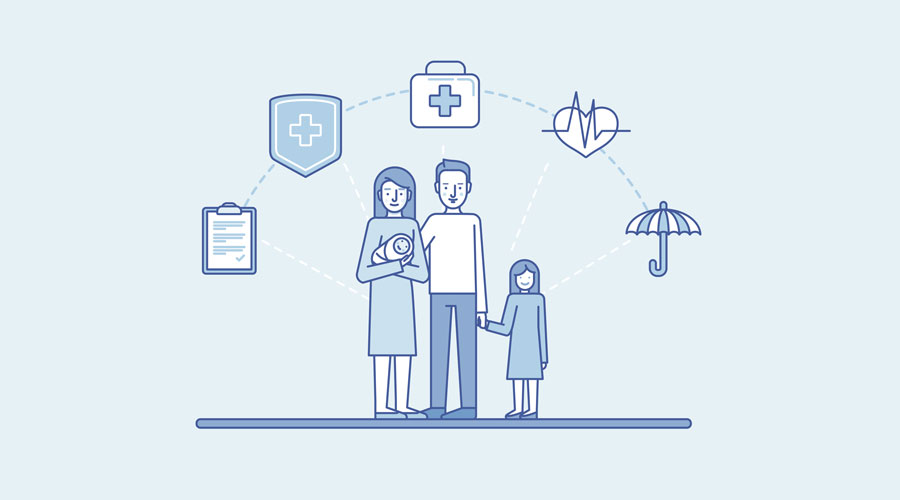You always caution your patients to take their medications correctly, but are they? A systematic review of more than 13,000 patients with hypertension from 15 countries discovered approximately 43% to 65.5% failed to adhere to prescribed regimens.
In our healthcare system, physicians need to better explain the importance of any medical therapies. Insurance companies have work to do to increase access and decrease costs. But what can you and your staff do to help your patients? After all, you are the last person your patient will see in the long chain from prescription written to prescription taken.
Common mistakes call for common-sense solutions. Ask your patients these simple questions:
Are you taking your meds at the right time?
Does your patient take all their meds at one time? Twice a day? Only when they remember? You might offer to work with the patient’s physician to see if there are simpler alternatives to taking their medications multiple times a day. Or suggest an automatic pill dispenser or a smart pill box.
Are you using your inhaler correctly?
Many of your patients with asthma, chronic obstructive pulmonary disease, or other breathing issues may not be using proper technique when using their inhaler. For example, they may not fire the canister entirely or may not hold their breath long enough. Offer to watch them use their inhaler, just to make sure that they understand how to correctly get optimum results.
Are you taking too many meds?
Many of your patients take more than one medication. Are they sure they need every prescription? Offer to set up a private appointment to sit with them, go through their prescriptions one at a time, and work with their primary care physician to make any needed adjustments. Going above and beyond is the reason you became an independent pharmacist—and your patients will appreciate your efforts.
Are you taking your heartburn medication correctly?
Some of your patients might buy over-the-counter antacids or heartburn medications. Others may be prescribed proton pump inhibitors like omeprazole. Ask your patients when they take their medication. An antacid should generally be taken about an hour after eating or when heartburn is experienced. Omeprazole is generally best taken once a day, first thing in the morning.
Asking your patients a few simple questions can really help them live healthier, happier lives. And it can help you develop deeper relationships with them.
A Member-Owned Company Serving Independent Pharmacies
PBA Health is dedicated to helping independent pharmacies reach their full potential on the buy-side of their business. Founded and run by pharmacists, PBA Health serves independent pharmacies with group purchasing services, wholesaler contract negotiations, proprietary purchasing tools, and more.
An HDA member, PBA Health operates its own NABP-accredited warehouse with more than 6,000 SKUs, including brands, generics, narcotics CII-CV, cold-storage products, and over-the-counter (OTC) products — offering the lowest prices in the secondary market.












